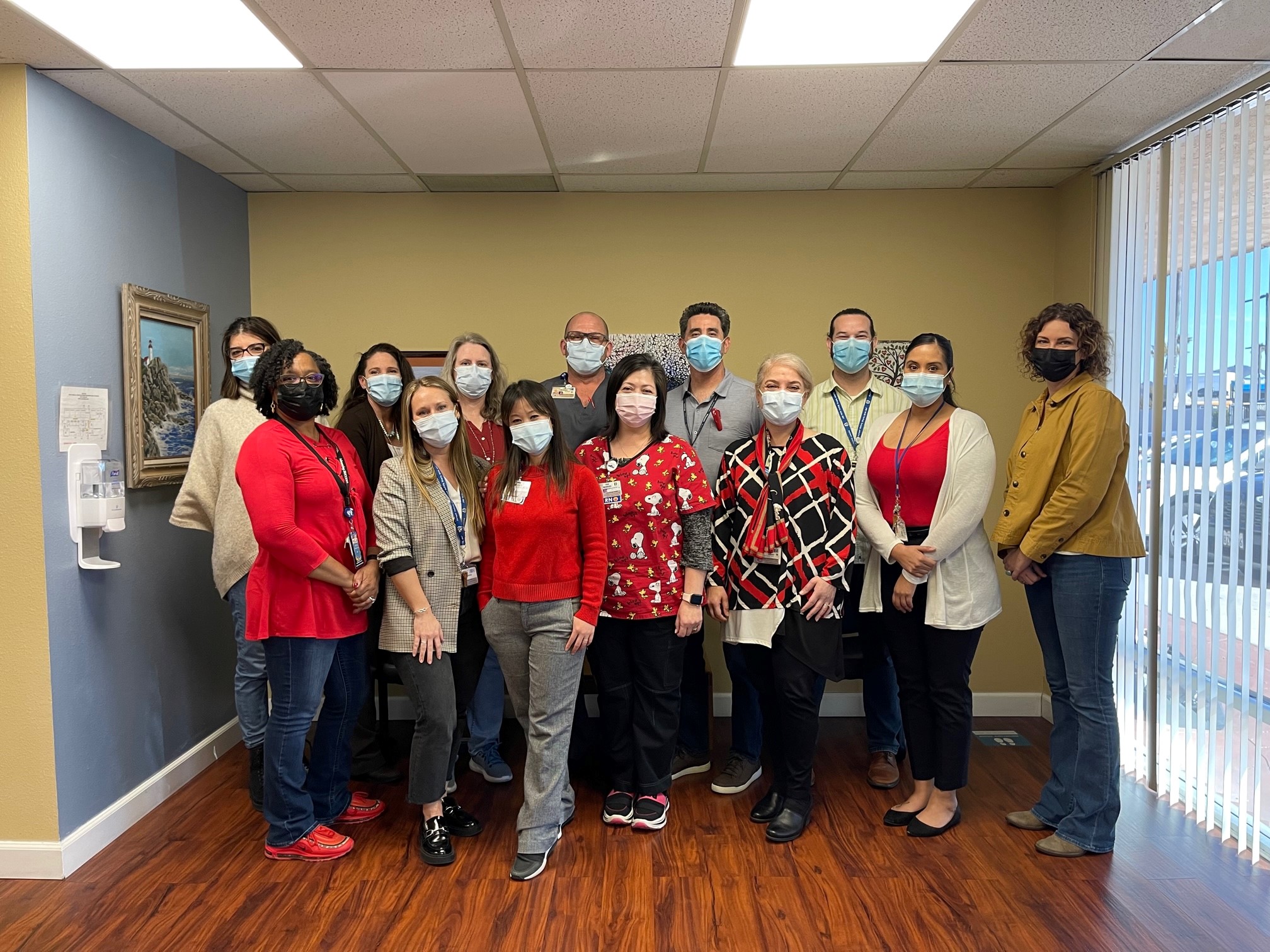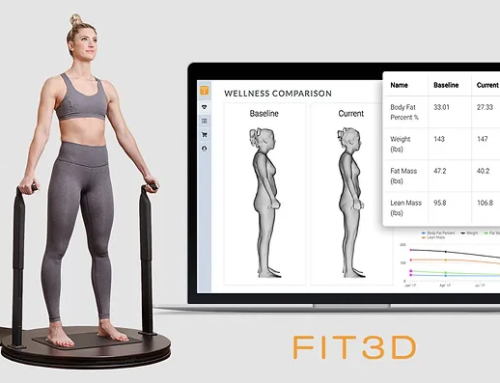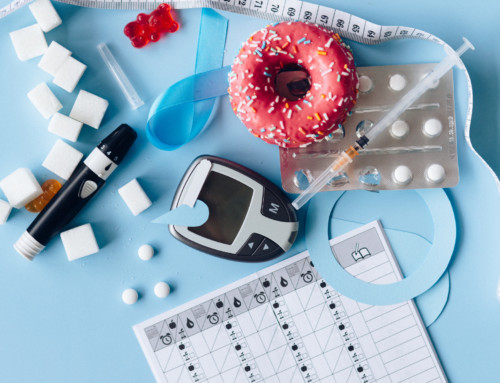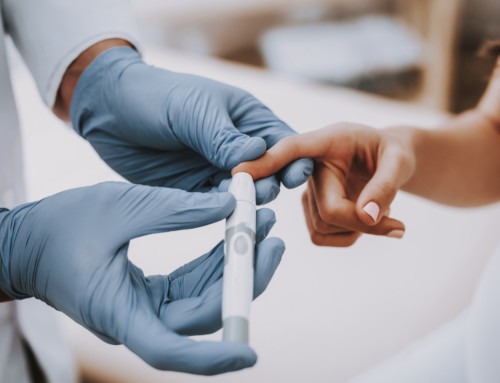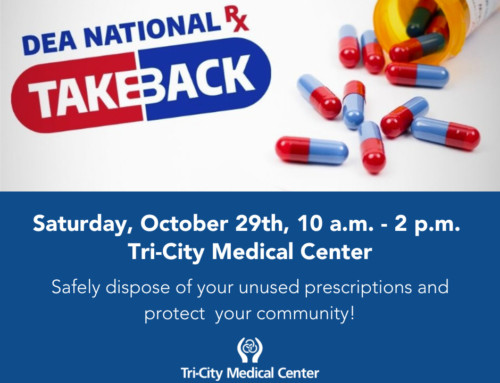Tri-City Medical Center’s Outpatient Behavioral Health Services is filling in the gaps.
Mental health workers are seeing a tidal wave of first-time patients, blocking out calendars for months and leaving those without an appointment on the downslide with few places to turn. Tri-City Medical Center Community Liaison Coordinator Jason Farmer has been the voice of hope for hundreds of patients facing this challenge over the past two years.
Farmer works in Tri-City’s Outpatient Behavioral Health Services clinic in Vista connecting incoming patients with resources, whether that is at the clinic or with other organizations. Behavioral Health Services, an Intensive Outpatient Program (IOP), cares for patients facing everything from anxiety and depression, to schizophrenia. Their program is three days a week, three hours a day. Each day of treatment consists of three 45-minute group therapy sessions with 15-minute breaks in between. Patients who enroll have a support team including a therapist and psychiatrist.
Sarah Jayyousi has been supervising outpatient services for over 20-years. “Outpatient Behavioral Health Services is committed to providing mental health treatment in a safe and supportive atmosphere, empowering individuals to achieve recovery and improve quality of life. We work to continuously improve the quality of services to meet the needs and expectations of our patients. Our aim is to partner with each individual in achieving their personal recovery goals and developing a life full of hope, meaning and purpose.”
The program is generally for people who are out of the hospital but unable to maintain a healthy, stable lifestyle. During the pandemic Farmer said many people facing mental wellness challenges ended up in a tailspin because their coping mechanisms like the gym, hanging out with friends and traveling, were off the table.
“Certainly, the number of folks coming in with no real mental health treatment history and are now experiencing significant anxiety or depression that is pretty debilitating, that percentage of the population has increased.” Farmer said he’s getting calls from community members age 30 to 60 fitting this description. “People were saying I was fine, I’ve never thought about mental health until March of 2020 and then things started to go sideways.”
Farmer said if you are noticing your work or personal relationships are suffering, you should give him a call, adding that the clinic takes most insurance plans, although some patients require a referral from a Primary Care Physician (PCP) to be covered. If that is the case, Farmer said it is important not to downplay what you are going through.
“Share with your PCP how it is affecting your daily life functions. Usually, therapy is the last thing people will try. They will talk with friends, family or folks at church. If they’re trying these things and it doesn’t produce the results they want, then they’re interested in trying therapy.” Farmer said you should mention the symptoms you are experiencing and desire to learn coping skills on how to manage what you’re dealing with to your PCP to gain a referral.
Farmer said they help 400-500 patients a year in the Intensive Outpatient Program and nearly the same amount through referrals. “I want to be considered a resource to help people navigate a complicated system.” He said anyone who is waiting months to get help should consider using their program as a bridge to provide support in the meantime. Farmer said they usually get patients in for treatment the same week they call.
If you would like to call Tri-City’s Outpatient Behavioral Health Services, please dial 760.940.5051.
